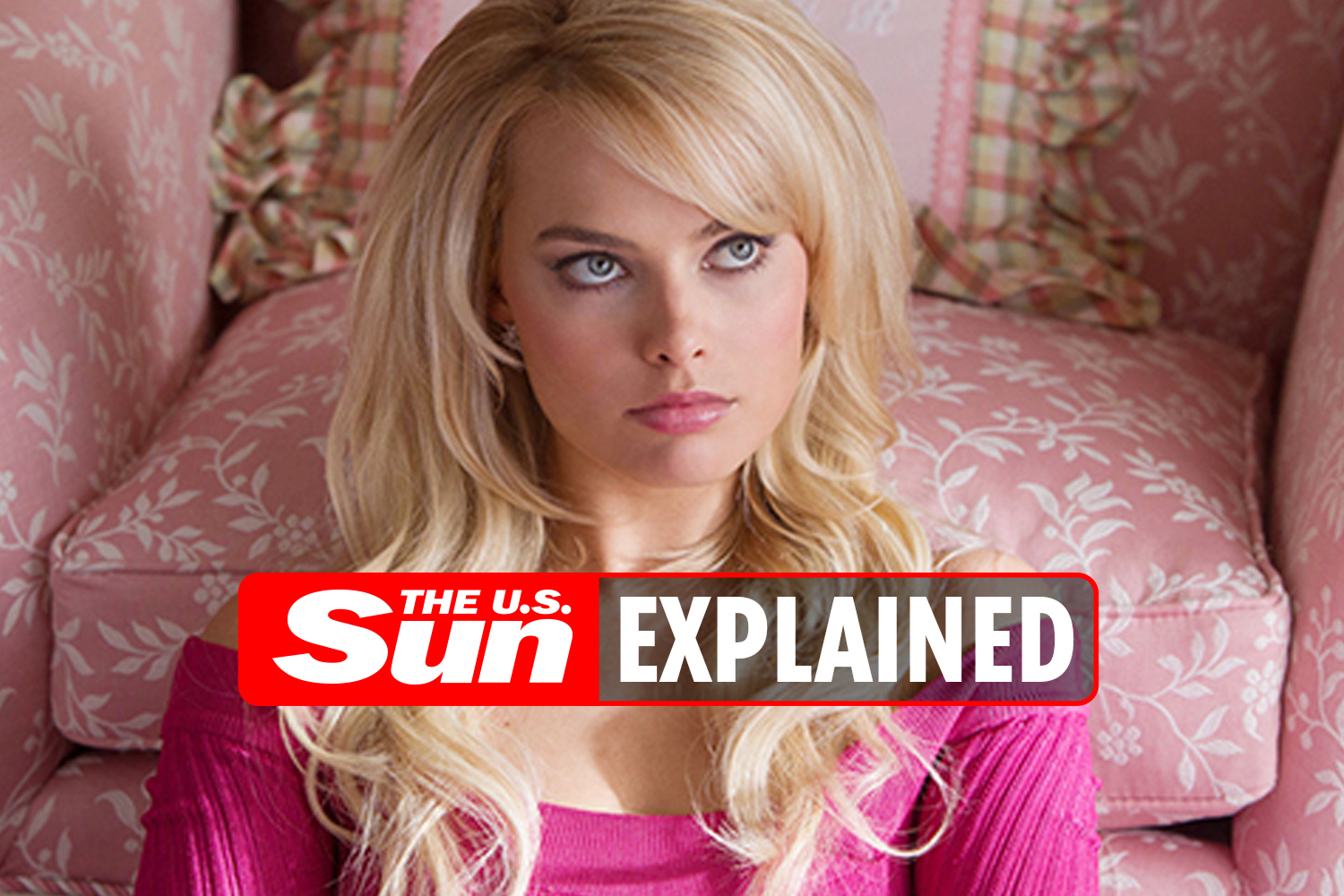Brit film and TV studios to get bigger tax breaks in bid to recreate success of Barbie
British film and television industry is set to receive a boost with more generous tax breaks, aimed at replicating the success of the hit movie Barbie. These new tax relief measures, which come into effect from tomorrow, will provide studios and the video game sector with increased benefits. The move aims to stimulate growth and investment in the industry, following the impressive economic contributions and job creation achieved by the popular film Barbie, which grossed around £80 million and employed over 650 individuals.
Making Way for Success

The hit movie Barbie, starring Margot Robbie and Ryan Gosling, proved to be a significant factor in revitalizing the UK film industry. The film’s tremendous success, with a worldwide box office earnings of $1 billion, played a pivotal role in safeguarding the future of cinemas. The majority of the movie was filmed at Leavesden studios in Hertfordshire, where the fantastical ‘Barbieland’ sets were meticulously constructed. Vue International, a leading cinema chain, even reported that over 2,000 screens across the UK were fully occupied during its opening weekend.
Boosting the Creative Sector
The new tax relief measures aim to benefit not only film productions but also animation, children’s TV shows, and the video game industry. By providing enhanced tax breaks, the government hopes to encourage a diverse range of productions to be developed across the UK, fostering growth and investment in the creative sector.
Supporting Future Success Stories
The Treasury Minister, Nigel Huddleston, highlighted the importance of backing the creators of upcoming projects that have the potential to replicate the triumphs of films like Barbie. By offering increased tax breaks, the government aims to foster an environment where future success stories can thrive.
Key Points in the Tax Break Initiative:
- Enhanced tax relief measures for British film and TV studios
- Focus on replicating the success of the hit film Barbie
- Bigger benefits for the video game sector
- Support for animation and children’s TV productions
- Stimulating growth and investment in the creative sector
Conclusion

The introduction of more comprehensive tax breaks for the British film and television industry, along with additional support for animation and the video game sector, is a significant step towards bolstering the growth and success of the creative sector. By offering lucrative incentives, the government is fostering an environment where future success stories can flourish and maintain the economic contributions and job opportunities achieved by films like Barbie. These measures are sure to attract both established and emerging talents, cementing the UK as a leading hub for film, TV, animation, and video game production.
Frequently Asked Questions (FAQs)

Q1: How will these tax breaks benefit the film and TV industry?
A1: The tax breaks will provide increased financial incentives for film and TV studios, promoting growth and investment in the industry and creating more job opportunities.
Q2: Will the video game sector also benefit from these tax breaks?
A2: Yes, the video game sector will also receive bigger tax breaks, encouraging further development and innovation in the industry.
Q3: Are these tax breaks specifically targeted at British productions?
A3: Yes, the tax breaks are aimed at supporting the British film and television industry, as well as animation, children’s TV shows, and the video game sector, to promote and enhance the creative sector in the UK.
Q4: How does the success of Barbie contribute to the rationale behind these tax breaks?
A4: The success of Barbie demonstrated the economic potential of the film industry, creating significant revenues and job opportunities. The aim is to replicate such achievements by providing incentives for future projects.
Q5: What other initiatives are being taken to further support the creative sector?
A5: Along with tax breaks, the government is implementing various measures such as funding programs and infrastructure investments to strengthen the creative sector and attract more productions to the UK.

